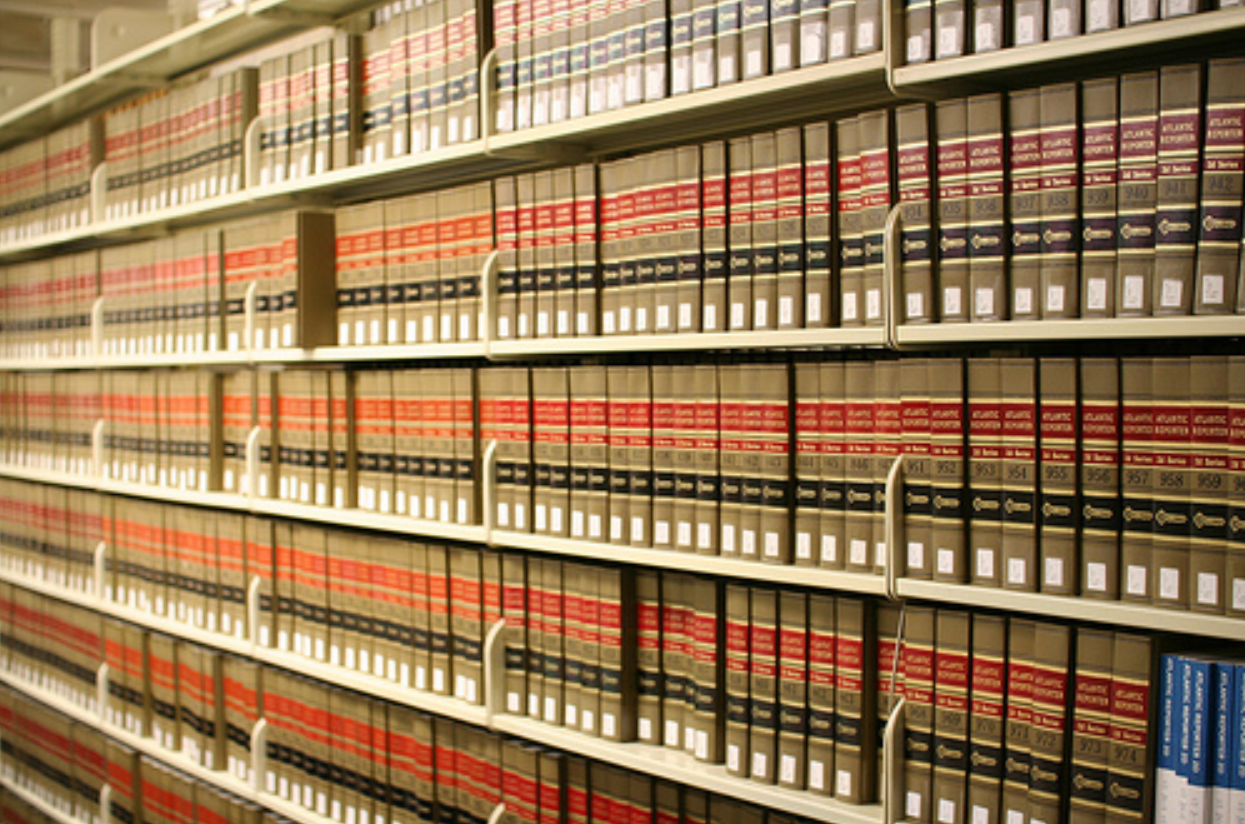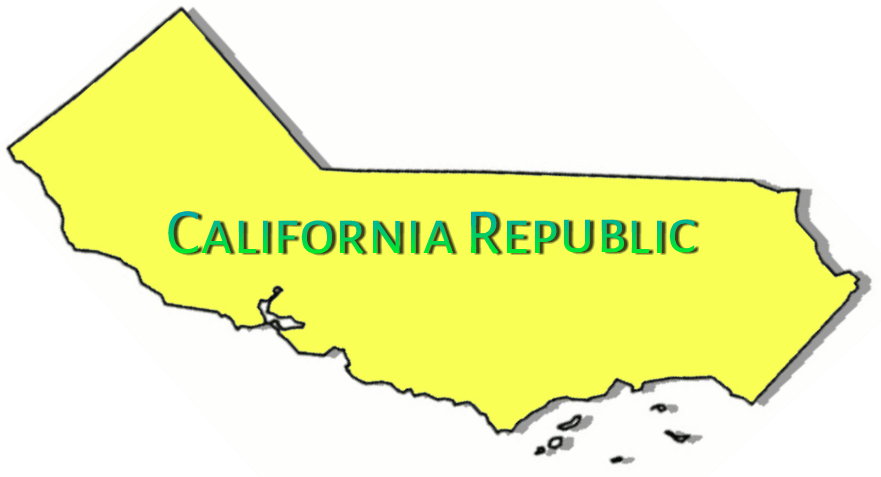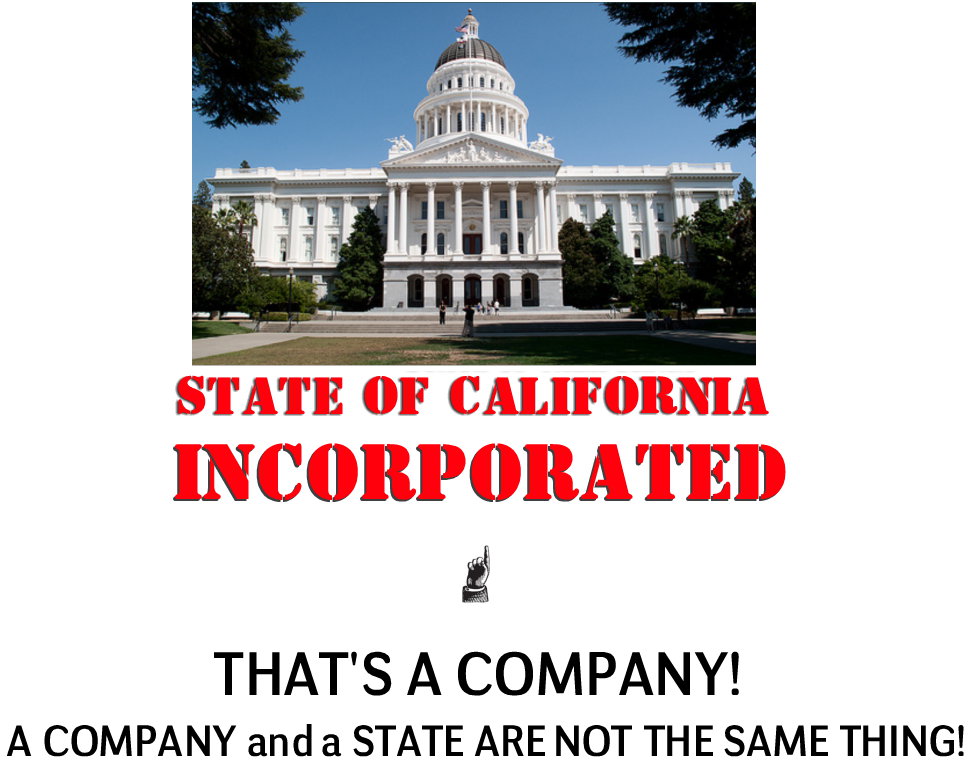B. Constitution of California
2. ['51] Restrictive and Enabling Provisions
(a) Restrictions on State
Powers. The California Constitution, like other state
constitutions, is generally a restriction upon the powers of the state.
Summary of California Law, vol 7, Constitutional Law, p. 9
...the state Constitution, as distinguished from the federal
Constitution, does not constitute a grant of power, or an enabling act,
to the legislature, but rather constitutes a limitation upon the powers
of that body....we do not look to the Constitution to determine whether
the legislature is authorized to do an act, but only to see if it is
prohibited. In other words, unless restrained by constitutional
provision, the legislature is vested with the whole of the legislative
power of the state. (Macmillan Co. v. Clarke, 184 Cal. 491 [194 P.
1030, 17 A.L.R. 288]; Mitchell v. Winnek, 117 Cal. 520, 525 [49 P.
579]; Jensen v. McCullough, 94 Cal.App. 382, 394 [271 P. 568]; People
v. Rinner, 52 Cal.App. 747, 749 [199 P. 1066].)
Fitts v. Superior Court, 6 Cal.2d 230
[L. A. No. 15256. In Bank. April 30, 1936.]
...the fact that our Constitution is not a grant of power but rather a
limitation or restriction upon the powers of the Legislature (In re
Madera Irr. Dist., 92 Cal. 296 [28 P. 272, 675, 29 Am.St.Rep. 106, 14
L.R.A. 755]; Macmillan Co. v. Clarke, 184 Cal. 491 [194 P. 1030, 17
A.L.R. 288]; People ex rel. Smith v. Judge of the Twelfth District, 17
Cal. 547; Sheehan v. Scott, 145 Cal. 684 [79 P. 350]; Fitts v. Superior
Court, 6 Cal.2d 230 [57 P.2d 510]; Mitchell v. Winnek, 117 Cal. 520 [49
P. 579]) and "that we do not look to the Constitution to determine
whether the Legislature is authorized to do an act, but only to see if
it is prohibited." (Fitts v. Superior Court, supra.)
Collins v. Riley, 24 Cal.2d 912
[S. F. No. 17019. In Bank. Oct. 2, 1944.]
The well-recognized rule of interpretation contained in the maxim
expressio unius est exclusio alterius may be resorted to in construing
a constitutional provision (Gilgert v. Stockton Port District, 7 Cal.2d
384, 387 [60 P.2d 847]; Martello v. Superior Court, 202 Cal. 400, 406
[261 P. 476]; Yosemite L. Co. v. Industrial Acc. Com., 187 Cal. 774,
781 [204 P. 226, 20 A.L.R. 994]),
and applying that rule to section 23 of article IV, the Legislature may make no additions to the items specified by the People.
Ibid.
until the People, by their vote, relinquish the right they have retained
Ibid.
the People's right in this regard has not been challenged by the Legislature
Ibid.
the Constitution have been submitted to the People
Ibid.
the Legislature has asked the People to make other changes
Ibid.
The varying measure of control which the People have exercised
Ibid.
the Constitution of 1849. By that document, the People determined:
Ibid.
the People withdrew from the Legislature the unqualified right to
Ibid.
the People specified
Ibid.
the Legislature may make no additions to the items specified by the People.
Ibid.
an amount fixed by the People
Ibid.
"Constitutions do not change with the varying tides of public opinion
and desire. The will of the people therein recorded is the same
inflexible law until changed by their own deliberative action."
Ibid.
...unlike the federal Constitution, "[t]he Constitution of this State
is not to be considered as a grant of power, but rather as a
restriction upon the powers of the Legislature; and that it is
competent for the Legislature to exercise all powers not forbidden by
the Constitution of the State, or delegated to the [federal]
government, or prohibited by the Constitution of the United States."
(People v. Coleman (1854) 4 Cal. 46, 49; see, e.g., Sheehan v. Scott
(1905) 145 Cal. 684, 686-687 [79 P. 350]; Collins v. Riley (1944) 24
Cal.2d 912, 915-916 [152 P.2d 169]; Dean v. Kuchel (1951) 37 Cal.2d 97,
100 [230 P.2d 811].)
City and County of San Francisco v. Workers' Comp. Appeals Bd., 22 Cal.3d 103
[S.F. No. 23338. Supreme Court of California. September 13, 1978.]
[2] The people of the State of California are supreme and have the
undoubted right to protect themselves and to preserve the form of
government...
Steiner v. Darby (1948) 88 Cal.App.2d 481
"The people are such as are born upon the soil, by whom and for whom in the first place the Government was ordained...."
Walther v. Rabolt (1866) 30 Cal. 185
CALIFORNIA GOVERNMENT CODE
11120.
It is the public policy of this state that public agencies exist to aid
in the conduct of the people's business and the proceedings of public
agencies be conducted openly so that the public may remain informed.
In enacting this article the Legislature
finds and declares that it is the intent of the law that actions of
state agencies be taken openly and that their deliberation be conducted
openly.
The people of this state do not yield
their sovereignty to the agencies which serve them. The
people, in delegating authority, do not give their public servants the
right to decide what is good for the people to know and what is not
good for them to know. The people insist on remaining
informed so that they may retain control over the instruments they have
created.
This article shall be known and may be cited as the Bagley-Keene Open Meeting Act.
54950 DECLARATION OF LEGISLATIVE PURPOSE.
"In enacting this chapter, the Legislature finds and declares that the
public commissions, boards and councils and the other public agencies
in this State exist to aid in the conduct of the people's
business. It is the intent of the law that their actions be
taken openly and that their deliberations be conducted openly.
The people of this
State do not yield their sovereignty to the agencies which serve
them. The people, in delegating authority, do not give
their public servants the right to decide what is good for the people
to know and what is not good for them to know. The people
insist on remaining informed so that they may retain control over the
instruments they have created".
The State Constitution restricts the conduct of the government
employees. The State Constitution limits the conduct of the
government employees. The State Constutition is the employee
regulations for the government company. Neither the State
nor federal constitution GIVES the people anything! The
documents protect and secured the clearly established constitutionally
secured inalienable rights of the people for whom government was
created.










